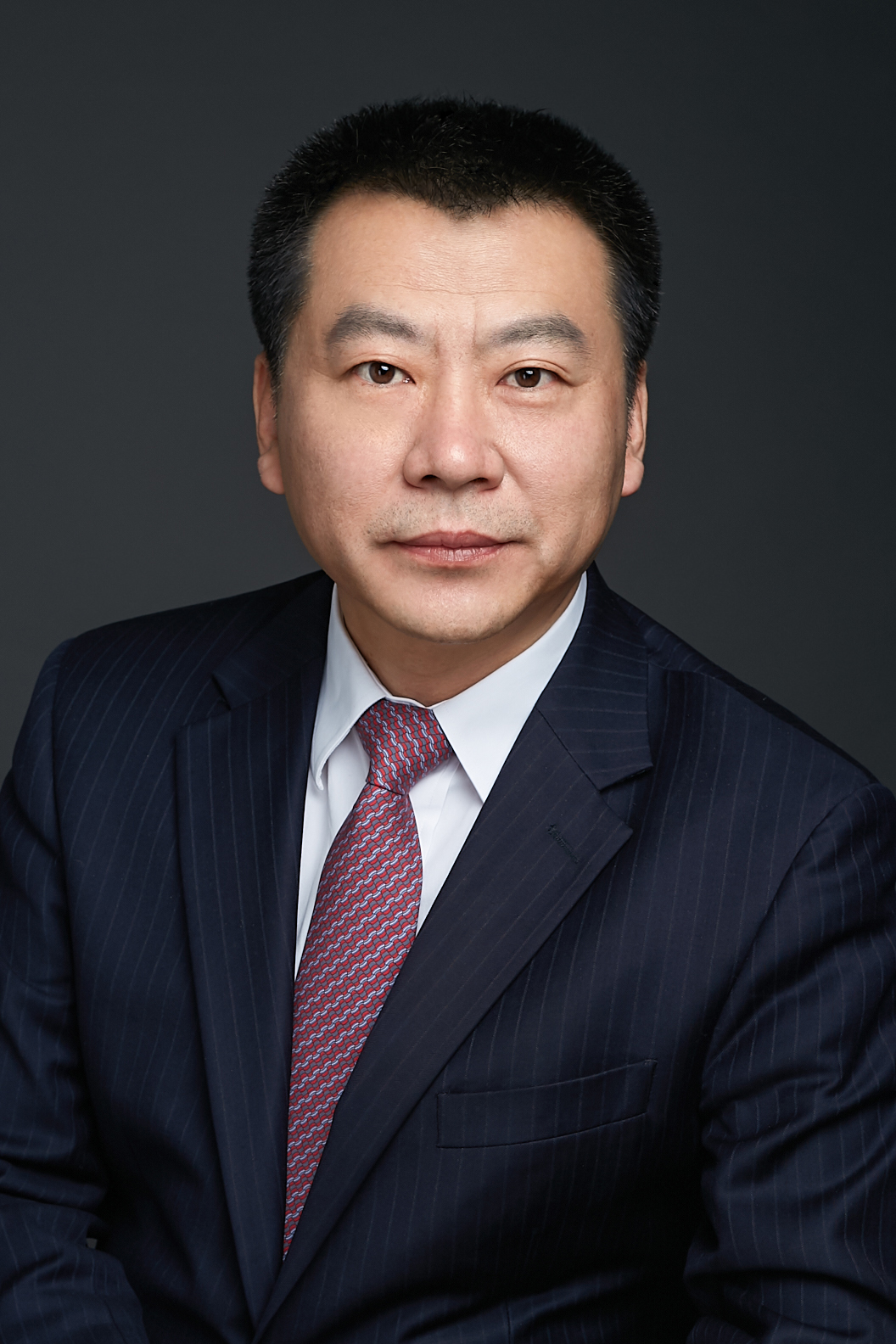Lin Zhihong, chairman of Vered Holdings, a Chinese financial technology company, talks about the current landscape of China's trade finance and the new fintechs can play in the current business environment.
April 02, 2018 | Gerald Tai- Vered Holdings is trying to reshape the traditional trade financing services through new technologies
- The firm focuses on supply chain fintech and commodity fintech to serve small and medium enterprises
- Lin believes the firm is cooperating and competing with banks
Vered Holdings is an emerging fintech company with banking gene and technology engines, targeting financial technology (fintech) focus on supply chain finance and commodity finance. Armed with a $1.85 billion (RMB11.8 billion) initial investment, together with eminent investors, Vered Holdings is confident in rebuilding its traditional trade financing services.
Vered’s banking gene
Vered Holdings, which means “rose” in Hebrew, provides a marketplace financing platform for Chinese small and medium enterprises (SMEs). Lin Zhihong, chairman of Vered Holdings, has an extensive banking industry experience, which includes rolesat Hengfeng Bank, China Minsheng Bank and MUFG. After being involved in covering international business, supply chain finance and trade finance, Lin decided to build a distinct company to focus on trade financing services with technologies. Around 1/3 of Vered’s management team comes from banks, and most of them have vast experiences in supply chain finance. The others are from technology companies and industries. The team is merging the traditional banks’ trade finance and supply chain finance knowledge with innovative technologies.
Reshaping trade finance with technologies
The biggest pain point of trade finance is to prove the authenticity of trade transactions, which needs verifying financing demand, counterparty, contract contents, financial statement and other elements. The credit approval in traditional commercial banks is based mainly upon collaterals, and this is often the biggest difficulty of SMEs - the lack proper of collaterals. In China, banking institutions granted credit to just 20% of the total number of micro and small enterprises in China in 2014, while access to finance for China’s smaller enterprises continues to deteriorate.
With the development of technologies, the issue of trade transactions’ authenticity could be resolved and it will energise real economy, particularly for the benefit of SMEs. By applying big data technology, banks and fintech companies have realised the need to derive the exact amount of loan and the interest rate that should be charged to SMEs, bypassing the need for manual reviews, hence, vastly reducing the cost of financing. Moreover, blockchain technology can enable banks and financial institutions to increase efficiency in the trade financing process. For instance, Barclays has announced the first trade finance deal using blockchain-based technology in September 2016, which condensed a process that usually takes seven to ten days into less than four hours. Based on this idea, Vered is working on tech-oriented supply chain finance and commodity finance. The company is applying big data analysis to control risks during the trade process. Vered is providing more efficient trade financing and risk management service based on fintech platforms to boost SMEs.
With regards to supply chain finance, Lin mentioned that Vered is targeting upstream and downstream clients. The key is applying Internet of Things and blockchain to secure the trades’ authenticity. In terms of commodity finance, Vered focuses on providing structured financing and hedging services on black metals, such as iron ore and steel. The company provides financing to the whole process from commodity procurement to logistics and storage.
In 2017, Chinese regulators set sweeping new rules to regulate asset management products, which tightened the asset management business. Lin was excited about those rules, as the new regulations emphasised that finance should serve real economy. Also, Vered’s strategy fits the government’s guidance to promote supply chain innovation and application.
Cooperating and competing with banks
The development of fintech companies are solving corporates’ pain points to some extent, especially on areas where banks are not allowed or have difficulty covering. For example, Lin mentioned that banks have a limit in licence in China, wherein banks cannot store commodities. In addition, banks are less efficient on the development of fintech, because of their complex structure and their requirement of cooperation from multiple departments. Compared with fintech companies, banks are too big to move fast. Fintechs entering the business area of transaction banking is not only a shock to the banks, but a disruption. The impact of fintech on banks are quite significant, if banks still act in the conservative way. Lin noted that he was not the only one holding this idea. Li Daokui, from China’s Monetary Policy Committee said: “fintech will over throw the traditional banking business in the future, because many of its properties are what banks do not have.”
Lin believes the current market size is very large, which banks are still not exploiting, as their methods are kind of limited. Thus, greater opportunities are made available to companies like Vered Holdings, as they are more flexible. As Lin explained, if Vered spots a promising company, they can invest in the company by holding its stocks, while providing financial services to that company, and they can also apply fintech to help that company manage risks. In addition, experienced former bankers, like Lin, are well aware of the banks' pain points, and are shaping strategies to take advantage of the massive market untouched by banks. Banks will still dominate the market, but emerging companies like Vered are more willing to address customer needs, which the banks cannot or will not. As Ma Weihua, former head of China Merchants Bank, suggested: “fintech and traditional banking should work hand-in-hand to expand the coverage of banking service.”
“Banks and fintech companies, like Vered, have their own advantages, and they need to work with each other for better developments,” Lin concluded.
Categories:
Keywords:Technology, Fintech, Trade Finance, SME, Supply Chain


